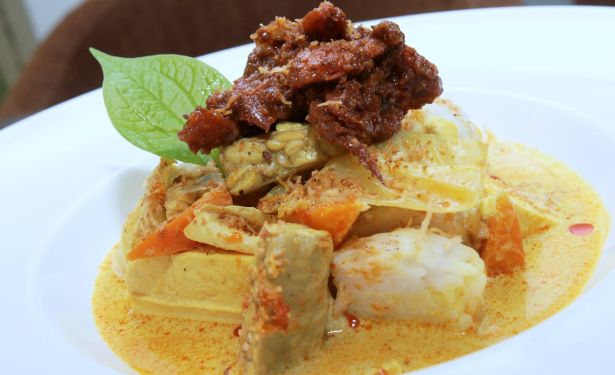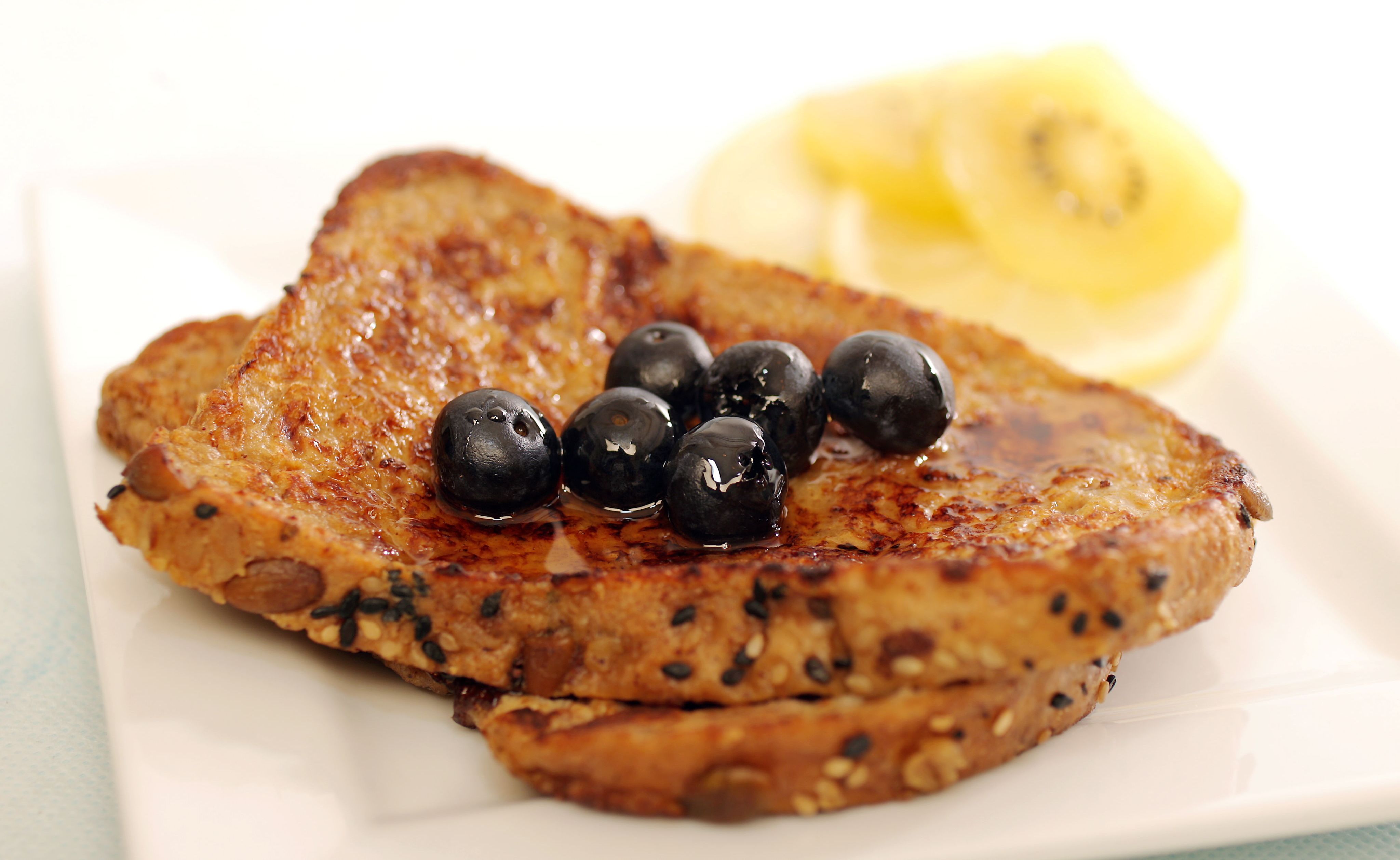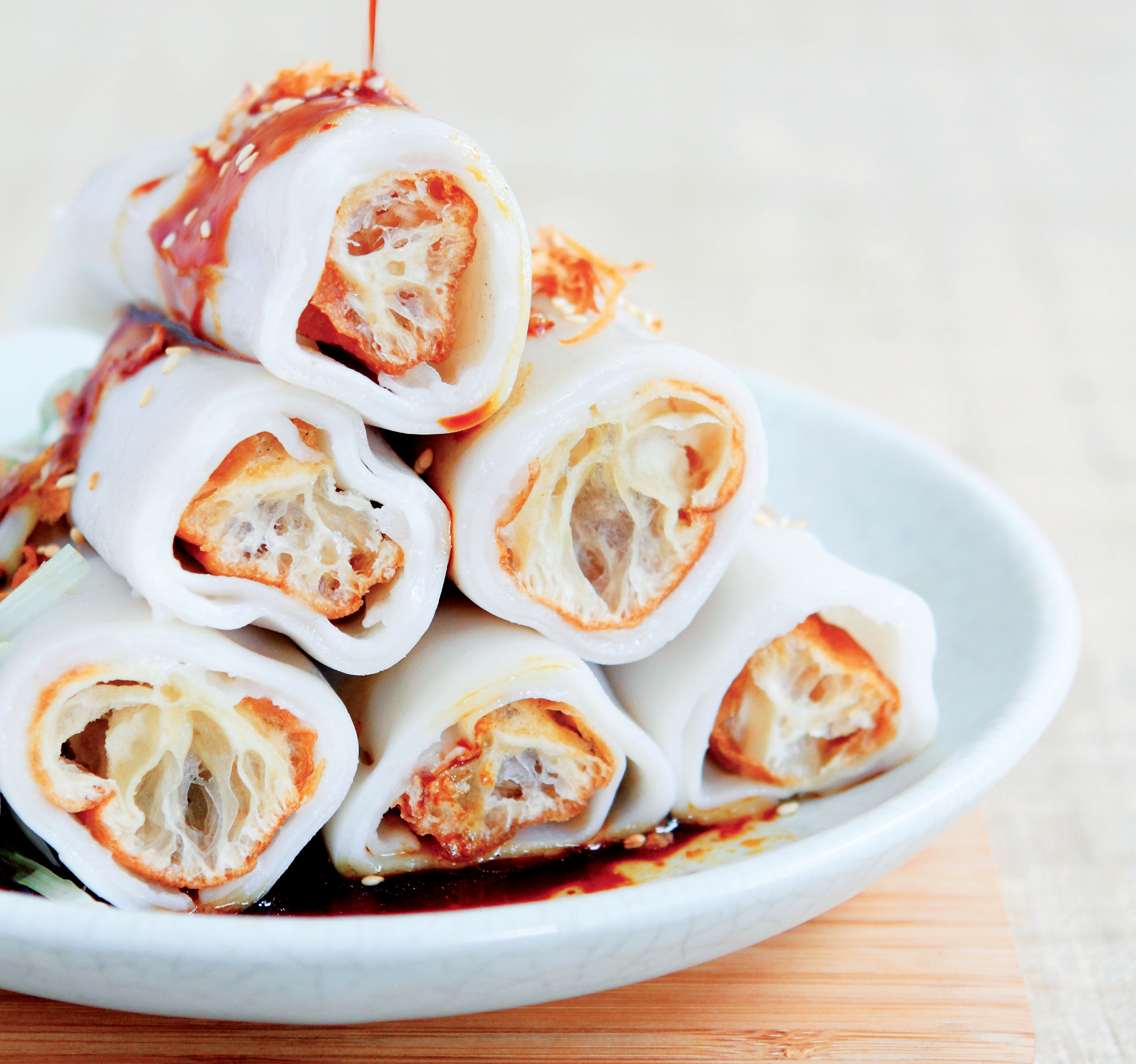Should all wines be decanted? Our columnist provides the answer.
AS a wine educator, I’ve been asked all sorts of questions – from the very basic to those that require some research.
In the next few instalments of Uncorked, I’d like to share some questions and answers.
As with the table next to mine, I’ve ordered a bottle of wine with my meal. Why does the sommelier decant the other table’s wine and not mine?
Some folks think decanting is a ritual that restaurants like to put on for show. However, the truth is that this is done for practical reasons.
If your wine is a vintage red or a vintage port, it’s a sure candidate for decanting. Why? Because during its time maturing in the bottle, the grape tannins agglomerate and collect as bitter sediment at the bottom of the bottle. By decanting a bottle, the slow pour ensures that the majority of the sediment stays in the bottle and does not enter the decanter.
Another reason for decanting is that old wines stored in bottles have had very limited exposure to oxygen. When uncorked, the wine needs to “breathe”. The act of slow pouring and its placement in a wider-rimmed container (the decanter) allows oxygen to “revive” the wine, releasing the wine’s bouquet … and your enjoyment of it!
Sometimes, extra mature wines (more than 50 years old) might be too fragile to decant. This is because the introduction of air can cause the delicate aromas and flavours to shrivel, leaving the wine quite tasteless. The decision to decant or not is best left to the expertise of the sommelier.
Can I ask a sommelier to decant my young bottle of wine?
Natural wines and biodynamic wines, whatever their age, are candidates for decanting.
Why? Because natural wine producers believe that the more they intervene in the winemaking process, the more the tastes in a wine are removed. For example, filtering a wine might make it crystal clear but flavours are also stripped from the wine. Natural wine producers also claim that cold stabilisation to remove wine diamonds subjects a wine to cold shock and destroys its vibrancy. Because of this, natural wines are usually bottled unfiltered, unfined and unstabilised and often can be a little cloudy. Decanting can help “clarify” the wine.
For all other wines, some of the benefits enjoyed by decanting an older wine can also be enjoyed with young red and white wines!
The act of decanting will help “open up” the wine and you’ll enjoy added dimensions of aromas in the wine. Young red wines for decanting are those destined for long ageing but are uncorked early.
Decanting helps to soften some of the tannins. Hefty young red wines such as Cabernet, Barolo and red Burgundy certainly benefit from decanting. White wines that could be decanted include Grand Cru Burgundy, Champagne (mousse of the bubbles become more gentle) and Vernaccia di San Gimignano. Some wine aficionados have been known to decant and leave a wine exposed for up to 24 hours before drinking it.
That said, if your wine is a basic red or white, there is not much complexity of aromas in the wine to begin with, and decanting won’t do much for the wine.
Wines of the month
Here are two excellent value wines produced by a Burgundian negociant-producer. Whilst the wines are made from Chardonnay and Pinot Noir respectively, they are not AOC Burgundy wines (and are much more affordable), yet taste like Burgundy.
How can this be so? Well, the producer has sourced grapes from villages located outside the Burgundy region and the wines therefore carry the IGP appellation, positioned just beneath the AOC but above Table wine status. Yet if you served most aficionados these wines blind, they might just mistake them for burgundy.
Louis Latour, “Ardeche” Chardonnay, IGP Coteaux de l’Ardeche: Golden yellow, crisp and fresh with the pure flavours of citrus and white florals, unmistakably cool climate Chardonnay.
Maison Louis Latour, Domaine de Valmoissine Pinot Noir, IGP Coteaux du Verdon: Ruby colour, lovely cherry and red fruit notes, soft tannins and a medium body and medium length finish.
These wines are available from GeoVinum Sdn Bhd.
Edwin Soon is a qualified oenologist and has run wine shops and worked as a winemaker in various countries. He now writes and teaches about wine around Asia.







